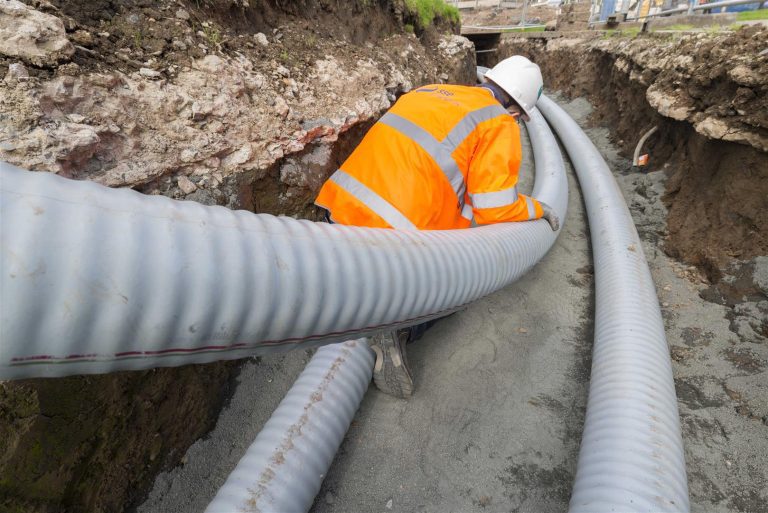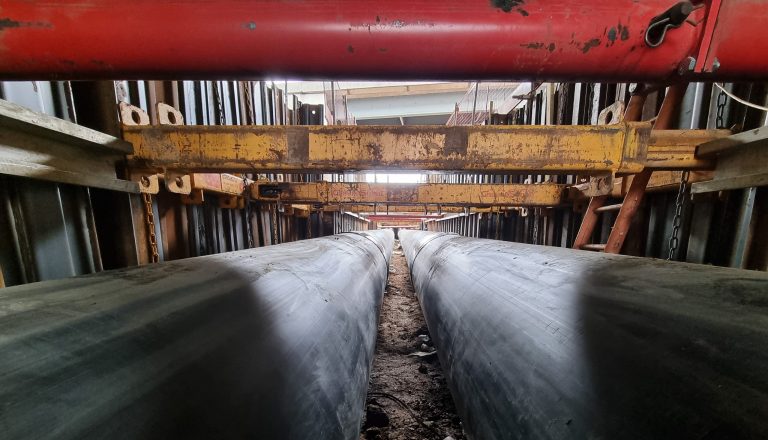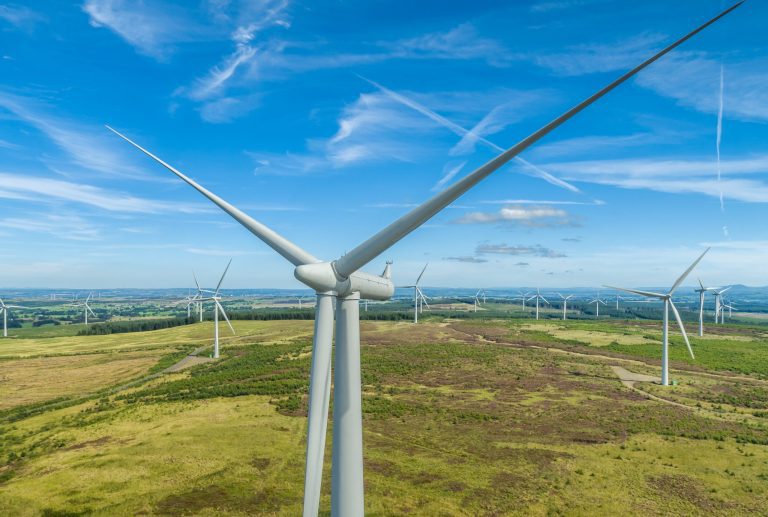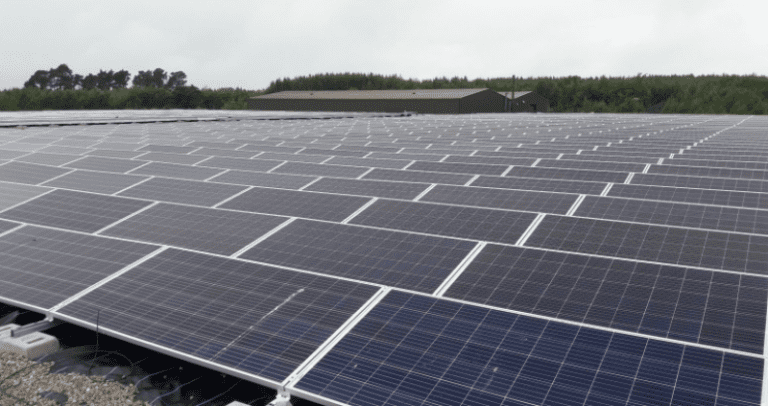Planned hydrogen innovation projects could create over 17,000 high-tech, green jobs in Britain’s industrial heartlands, new research published by Energy Networks Association (ENA) reveals today. £4.4bn of investment is proposed in developing hydrogen gas grids to help reduce carbon emissions from Britain’s six Industrial Clusters, where strategically important heavy industries such as chemicals, iron, steel, glass and ceramics are concentrated. Over 9,000 of the jobs expected to be created would be employed by the network companies, with another 8,000 roles created in supply chain partners. ENA’s Innovation Impacts report shows that new hydrogen innovation projects proposed by Britain’s five gas network companies could create a total of up to 25,000 highly skilled green jobs across Great Britain over the next ten years across five strategically important areas, including those in Industrial Clusters, as they plan to invest a total of £6.8 billion in proposed hydrogen innovation projects. Up to 13,300 of the jobs would be created by network companies directly with, a further 11,400 jobs created by supply chain partners, in projects spread across the country. The investment plans have been submitted to the energy regulator, Ofgem, as part of the companies’ business plans. The regulator is responsible for approving investment plans proposed by GB gas and electricity network companies. The report sets out how the companies want to invest: £4.4bn to help reduce emissions in Britain’s industrial heartlands, such as HyNet North West, which will produce, store and distribute hydrogen while capturing and storing carbon from heavy manufacturing industries. These projects are expected to deliver over 17,000 high-tech green jobs in Britain’s industrial heartlands in north-west England, the Humber and Teesside, Southampton, north-east Scotland and south-east Wales, as well as other locations. £2.2bn in projects to speed up research into how we can repurpose existing gas pipelines so they are hydrogen-ready, to ensure gas network companies can deliver the Government’s hydrogen plans for building hydrogen village and town trials. This investment is expected to create over 6,700 jobs in projects in Fife, Cumbria and southern England, as well as other locations. £150m in projects to ensure the wider energy system and economy is ready for hydrogen, such as the expansions of the HyDeploy project to trial blending of up to 20% hydrogen into the existing grid in north-east England and a continuation of the Future Billing Methodology project, which will ensure peoples’ energy bills remain accurate as we start to use more hydrogen. This is expected to create over 700 jobs in the north east and central England. £19.5m in transport and other projects, researching how hydrogen can reduce emissions from cars and good vehicles, as well as ensuring it is used in a way that it is integrated with other green technologies and gases, such as wind farms and biomethane. These projects are expected to create nearly 100 jobs. Commenting, Chris Train, ENA’s Gas Goes Green champion says: “For the first time, this report sets out the sheer size and scale of the economic and social opportunities that hydrogen innovation can deliver over the next ten years, creating new green, hydrogen super-skills in communities and companies across the country. “With the recent publication of the Government’s Hydrogen Strategy and the Prime Minister’s Ten Point Plan before that, the time is right for Ofgem to consider how it can unlock this investment, helping ensure that hydrogen plays its full part in fuelling Britain’s Green Industrial Revolution.” Chris Manson-Whitton, of HyNet North West, adds: “The UK has the innovation, skill and world leading infrastructure to be a global leader in the delivery of the hydrogen economy. Our leading industrial partners, such as those in the HyNet North West cluster, are committed to decarbonising their operations and products. Hydrogen enables them to do that, safeguarding jobs and attracting inward investment. As this report shows, network innovation underpins this transformation, also decarbonising our communities and transport systems, and creating thousands of skilled green jobs.












